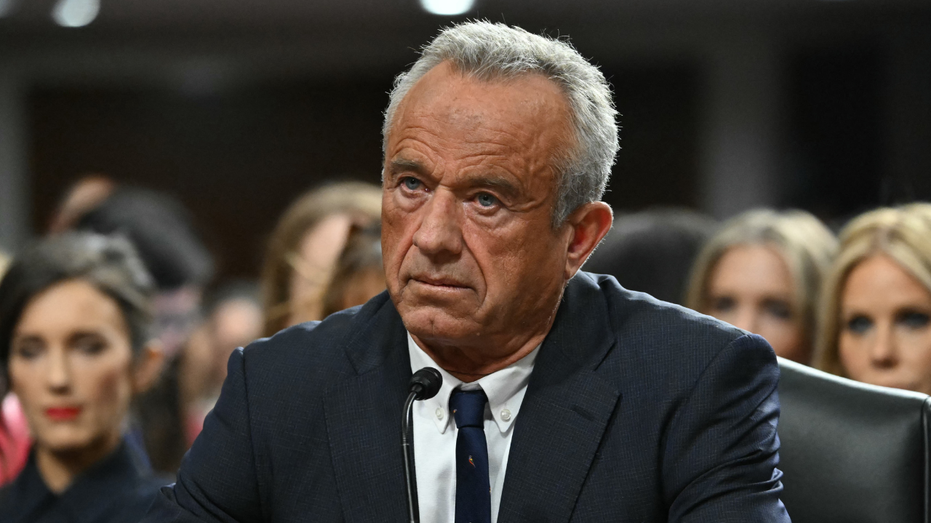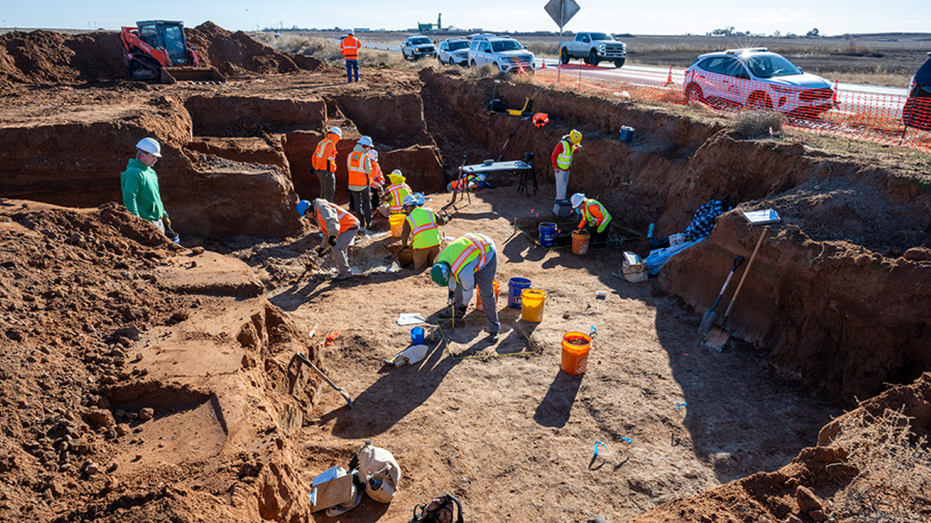- by foxnews
- 24 May 2025
Voter views on animal welfare are changing - and taking the live sheep export trade with them | Gabrielle Chan
Voter views on animal welfare are changing - and taking the live sheep export trade with them | Gabrielle Chan
- by theguardian
- 22 May 2024
- in news
One of the great contrasts that has struck me on city visits is the rise of dog culture.
Massive pet warehouses with owners and their dogs waiting outside to buy dog clothes, fancy food, treats, leads, collars, beds, blankets and booties. That is before they are taken to the doggy dentist on the way to doggy daycare or down to the doggy park for a doggy dalliance or perhaps a posh puppuccino.
Half of all Australian households own dogs and Australia has one of the highest pet ownership rates in the world. There has been a generational shift in the way we think of some animals as companions. So as our pets transition from the back yard to our bedsides with their own wardrobe space, it stands to reason that animal welfare could become a political priority.
In the tumult and shouting of budget week, you may have missed the agriculture minister, Murray Watt, announcing the final date of Labor's long-held promise to phase out live export sheep by sea on 1 May 2028, a date recommended by an independent panel.
The bill to make this possible will be introduced before the end of this term. That means Australians will go to the polls at least once again before the ban comes into place. Labor has taken the policy to two elections. Live cattle exports by sea will continue, as will live sheep exports by air.
The UK's conservative government is preparing to give royal assent to its bill "to prohibit the export of certain livestock from Great Britain for slaughter". New Zealand banned all live exports of animals by sea last year though the new conservative National government is promising to overturn the ban.
Australia's decision will primarily hit a portion of Western Australian sheep producers because all of the live export trade in sheep by sea comes from that state. It will also hit feed millers supplying pellets to live sheep vessels, shearers who shear sheep before they go on ships, livestock transporters and live exporters.
Whatever your view on the issue, this decision should not be a surprise, especially to farm advocates, given that it was first promised by Labor in the 2019 election campaign under Bill Shorten's leadership. It was promised again in 2022 on animal welfare grounds, before Anthony Albanese took office.
Nevertheless, the National Farmers' Federation staged a walkout as Watt spoke about the decision in the post-budget events last week and later passed a vote of no confidence in the government's handling of agriculture. It said the timeline of the phase-out - which would have the trade end in four years, 10 years from when Labor first announced the policy - was "radical".
A total of $107m over four years has been committed for the transition period. Notably, the government failed to sign off on a recommendation to review the industry in 2026 to ensure onshore processing facilities are on track - a key plank of the promise to find a market for sheep no longer going offshore. It's easy to see how farmers could read this as all care and no responsibility.
Change is hard. The dreadful euphemism known as "structural adjustment" doesn't really encapsulate how policy decisions affect humans on the ground, whether it is the shutdown of live sheep exports or Australian car manufacturing or any other economic activity.
It is important to know how we got here.
In 2022-23, live sheep exports accounted for 12% of sheep going to slaughter in WA. Australia is the world's largest exporter of sheep meat and the fifth largest exporter of live sheep, yet the number of sheep heading for live export has been declining for the past 20 years. Farmers say they need the option at times like drought when feed is scarce and sheep are an important tool for management of crop rotations and soil improvement.
The independent panel report on the phase-out of live sheep exports, which was handed down in October, made 27 other recommendations to help transition producers over the next four years. It said it "believes that the WA sheep industry can be profitable and sustainable during the transition period and beyond" but that "early actions by the government will be required to moderate the economic and social consequences of the cessation".
It's a substantial report, written after extensive consultation including 14 public meetings in WA - admittedly, as critics will point out, with the decision to end the trade already made. Yet for all that work the mounting discourse has all the hallmarks of a culture war, amplified by seasonal conditions, worker shortages and political motives.
The Nationals leader, David Littleproud, took to Instagram last week to promise to bring back live sheep exports. Watt also went political, posting: "71% of West Australians want live sheep exports by seat to end."
There is a drought in WA regions in the south-west, the same regions that have the highest number of sheep producers using live export.
There is historical enmity towards Labor, particularly on its live export bans in the past, including the 2011 cattle ban under the Gillard government that was found to be unlawful by the federal court. Compensation is yet to be settled and successive federal governments have been dragging the chain.
The much-touted solution to keeping WA sheep producers afloat is to increase Australian abattoir facilities to take extra sheep, but there remains a nationwide shortage of workers in meat processing. This will be exacerbated by cuts to immigration, which is certain to be front and centre of the next election.
Moderate Liberals may not easily sign off on National party policy. Back in 2018, the now deputy Liberal leader, Sussan Ley, and Sarah Henderson were vocal opponents of live export.
It was the Coalition government that introduced the moratorium on the live export of sheep during the northern hemisphere's summer months in 2019 after 2,400 sheep died of heat stress on the Awassi Express, en route to the Middle East. It also introduced changes to stocking density after an animal welfare review. All these factors contribute to a decline that began two decades ago - but from some reporting, you would think it all began in 2022.
If the Coalition wins the next election, it too will be faced with changing animal welfare attitudes among the public, including in the teal seats it wants to win back. Many of the teal independents were recorded by the Australian Alliance for Animals before the 2022 election as supporting a phase-out of live exports.
If the bill is passed, would the Coalition really sign up for the headache of rolling it back?
- by foxnews
- descember 09, 2016
Texas road construction unearths 'colossal' prehistoric remains of 'big ol' animals'
Archaeologists in Texas recently discovered prehistoric megafauna bones, including a giant ground sloth, during a highway project in Lubbock, according to officials.
read more


